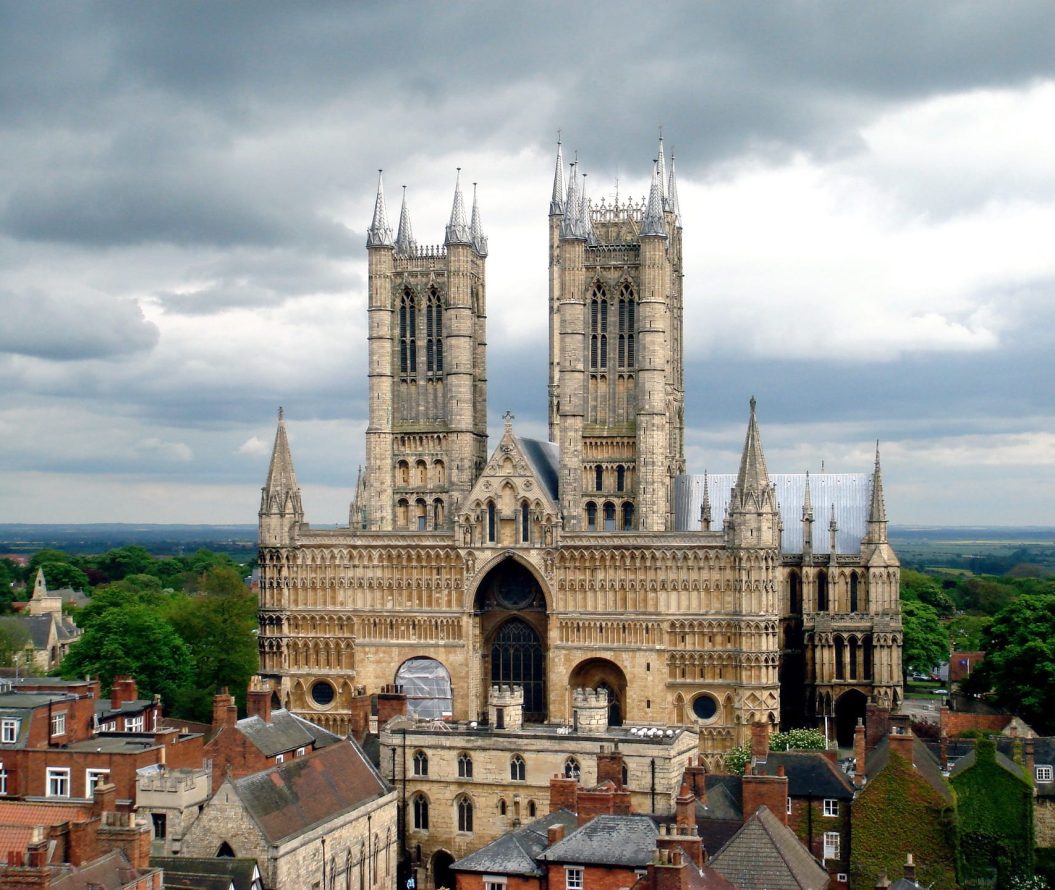Hey! I'm Emma, I'm from Sheffield and I am in my third year studying law here at UoL! I am a huge fan of all animals, a good movie marathon, and cooking all my favourite food. I'm also super lucky…

Mother’s Day is celebrated in honour of mothers all around the world, and the influence they have on society.
The term ‘Mother’s Day’ refers to the modern American version of the holiday which began in the United States in the early 20th century. A woman called Anna Jarvis organised the first Mother’s Day service of worship in West Virginia in 1907. She campaigned to make Mother’s Day a recognised holiday a year after the death of her own mother, Ann Reeves Jarvis.
Ann Reeves Jarvis was a peace activist who cared for wounded soldiers on both sides of the American Civil War – she urged for the creation of a “Mother’s Day For Peace” where mothers could ask that their husbands and sons were no longer killed in wars – it aimed to create a general interest of peace by bringing mothers together for a common cause across the world.
Anna Jarvis wanted to honour this and set aside a day to honour all mothers because she believed a mother is “the person who has done more for you than anyone in the world”.
In the US, the holiday has been observed on the second Sunday in May since it was made an official holiday in 1914 by Woodrow Wilson.

However, it is slightly different in the UK.
Here, the day is historically referred to as Mothering Sunday and is observed on the Fourth Sunday in Lent (which is the 27th March this year) – this tradition has been observed since the Middle Ages. On the Fourth Sunday in Lent, on Mothering Sunday, those who had moved away, returned home to visit their mothers, their home parishes and their mother church – e.g. the church in which they were baptised.
Due to the efforts of Anna Jarvis in the US, to establish Mother’s Day, a woman called Constance Penswick Smith created the Mothering Sunday movement. She wrote plays and books which outlined the the aspect that the day should honour more than just a strictly biological connection with ‘mothering’. Her main four chapters in her 1921 book included; ‘The Church – Our Mother’, ‘Mothers of Earthly Homes’, ‘The Mother of Jesus’ and ‘Gifts of Mother Earth’.
By the 1950s, Mothering Sunday was celebrated across the UK and Commonwealth Nations on the Fourth Sunday in Lent.
Nowadays, Mothering Sunday has become more modernised and is now often reffered to as ‘Mother’s Day’ in commercial contexts, due to the Amercain influence – however, it does still fall on the Fourth Sunday in Lent here in the UK.
Also on the Fourth Sunday in Lent in the UK, falls ‘Refreshment Sunday’ – as this falls within one of the major fasts observed in Western Christianity, the day allows for the fast to be relaxed for those who had ‘gone mothering’ (a term recorded in 1644 to refer to those who were returning home for Mothering Sunday).




